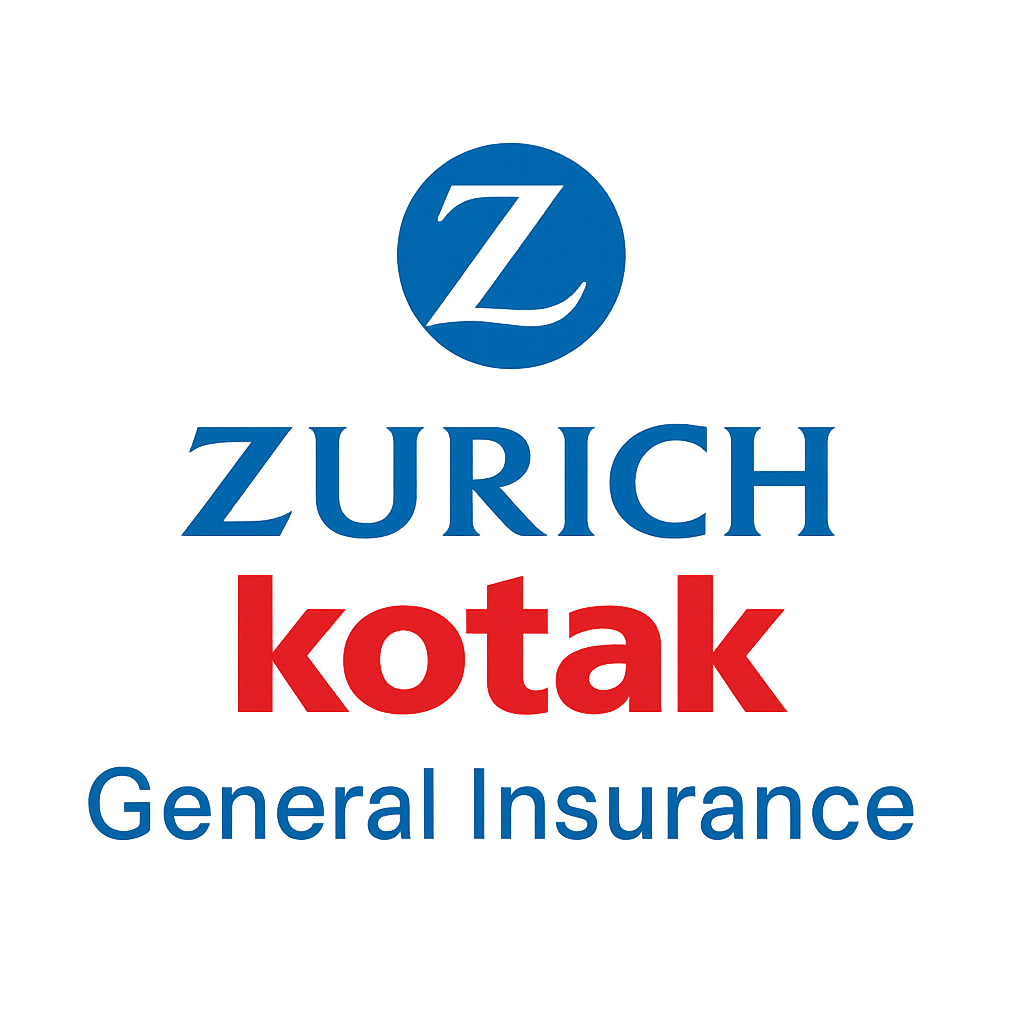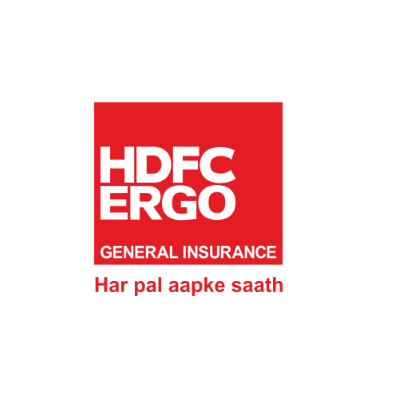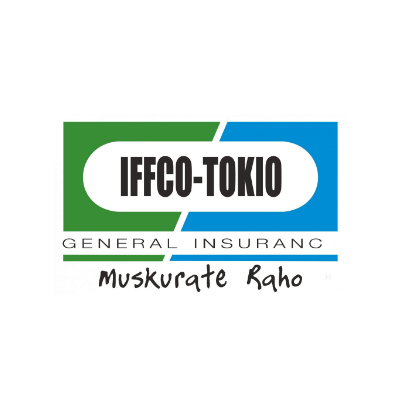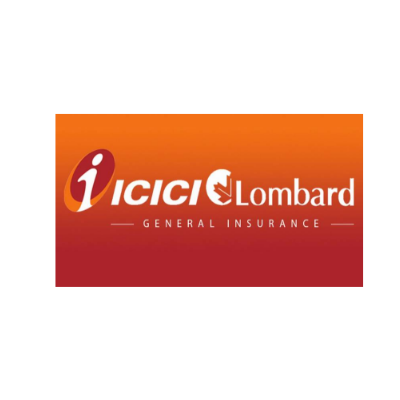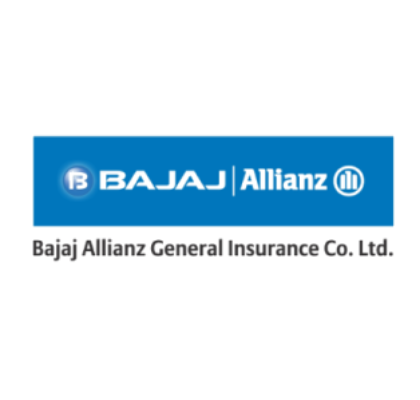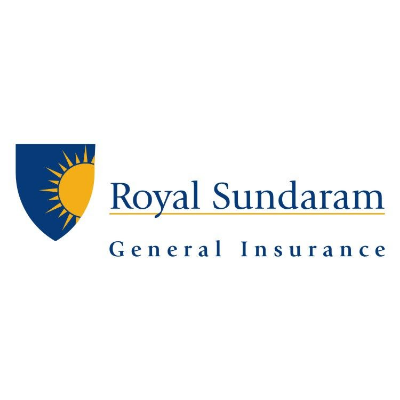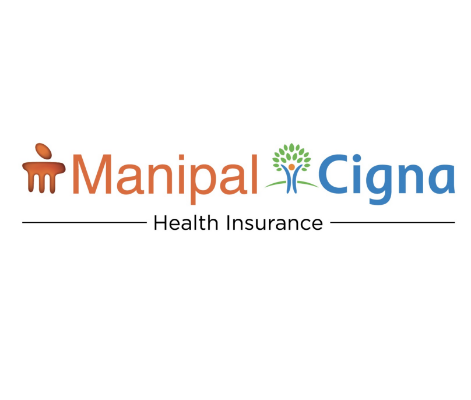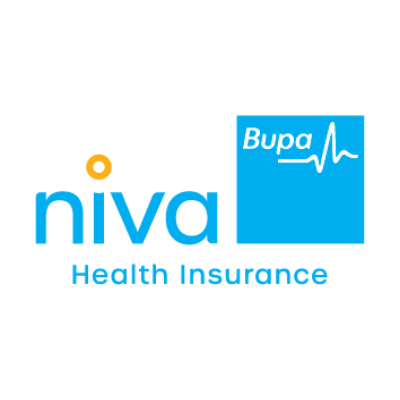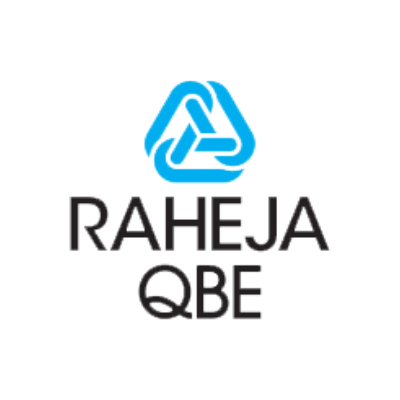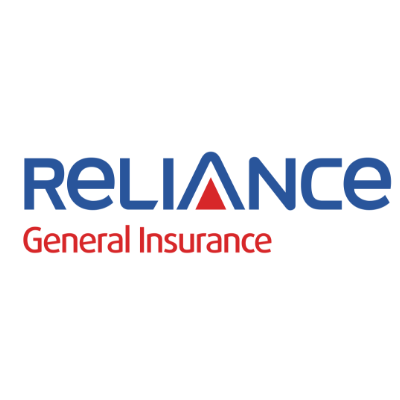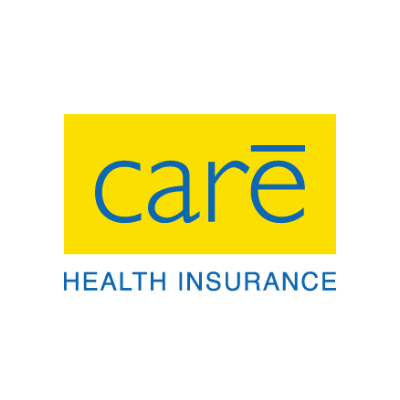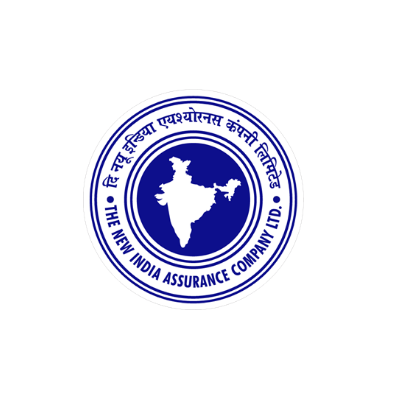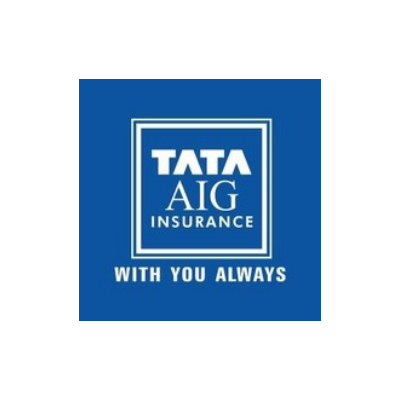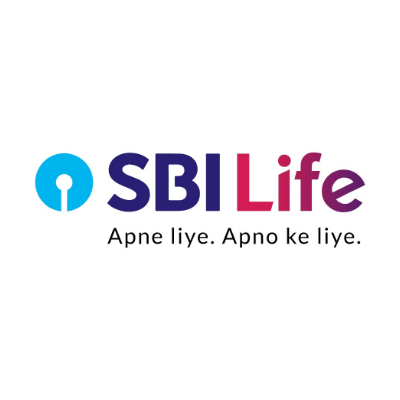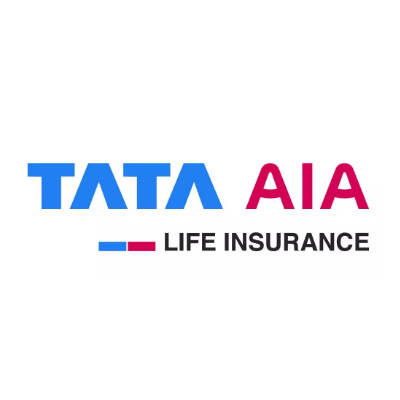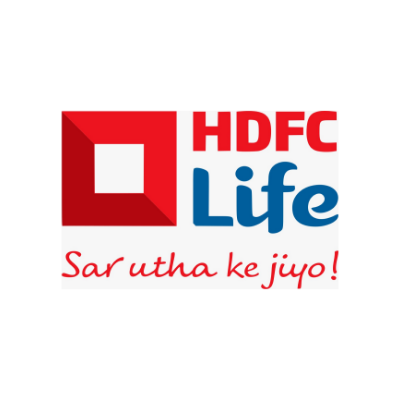WHAT IS PERSONAL ACCIDENT INSURANCE?
Personal accident insurance policy safeguards you from any financial pain in the event of an accident. Personal accident insurance policy is a benefit policy that covers death, permanent total disability, Permanent partial disability, temporary total disability and accidental death.
Health insurance will safeguard you against financial losses by offering proper coverage for medical emergencies. The best health insurance companies insurance covers the following expenses:
- Expenditure incurred during pre and post hospitalization
- Psychiatric support
- Annual personal accident check-ups
- Maternity related expenditures
- Critical illnesses
Why do you need Personal Accident insurance?
If you think that you are young, dynamic, and absolutely healthy and that you do not need health insurance, then go through this section:
- personal accident issues on the rise: With all the chaos, stress, and negativity around, the mental health of many gets badly affected. Mental health issues are on the rise, and things are getting out of hand because of a lack of attention and proper treatment. As per the records of 2017, about 224 million people experience hypertension issues.
- Expensive healthcare facilities: Inflations in the healthcare industry are making treatments exceedingly expensive. Treatments for health conditions like angioplasty and coronary surgery can go as high as Rs. 3 lakhs. Without a proper health insurance plan, it isn't easy to get quality treatment at reputed health centers.
- Uncertain times, thanks to pandemics like Corona: The global infrastructure is crippling because of COVID. Health insurance can help you tackle any such pandemic, at least on the financial grounds.
- Youths vulnerable to severe diseases like Cancer: Cancer is affecting youths across the globe. Know that treatment for such severe health conditions can be pretty hefty.
- Lifestyle issues: The sedentary lifestyle of youths forces them to be hospitalized, thereby raising the expenses.
These health facts and realities will inspire you to get yourself health insurance.
- Family floater health insurance – Such plans ensure that a single sum can be made available to all the individuals under just one policy.
- Individual health insurance – This insurance policy covers the treatment expenditure of a single person.
- Health insurance for senior citizens – These insurance plans can be availed by individuals above the age of 60 years and are designed to cater to the medical expenses of aged people.
- Health insurance for maternity issues – Pre and postnatal medical expenditures are taken care of under maternity insurance plans.
- Critical illness – Such insurance plans offer coverage to the extensive medical bills generated because of a life-threatening disease.
- Group health insurance - Such plans are generally preferred by companies for their employees.
- Top-up health insurance – If the expenses for your treatment have increased over time, you can go for a top-up insurance policy over your already existing one.
Do you know that buying health insurance can also lead to tax benefits?
We all work really hard to earn our living, and it is no crime if we look for some tax saving options. Getting health insurance is indeed a great move to enjoy tax benefits. As per Section 80D of the Income Tax, the policyholder or his/her parents can claim tax benefits on the annual premium. Here is a detailed break-up of tax exemptions:
|
Eligibility |
Exempted Limit |
|
Self+Family (Spouse and Children) |
Up to 25,000 INR |
|
Self+ Family+Parents(Below 60 years) |
Up to 25,000 + 25,000= 50,000 INR |
|
Self+Family (Eldest member below 60 years)+Parents (Above 60 years) |
Up to 25,000+ 50,000= 75,000 INR |
|
Self+Family (Eldest member above 60 years)+Parents (Above 60 years) |
Up to 50,000+ 50,000= 1,00,000 INR |
Are you afraid of the complicated jargon? Let us simplify things for you!
Here are some terminologies that you will come across multiple times to decide about buying a health insurance policy. We always believe in maintaining complete transparency, and hence, this list simplifies and breaks down the complicated terminologies for you:
- Cumulative bonus: In case you do not have to make any health insurance claim throughout the year, your insurer will automatically hike the insured sum. Keep in mind that no extra premium will be charged in this situation. We call this increase as a cumulative bonus.
- Sum insured: Sum insured is the maximum amount your insurer can offer to you in a particular year.
- Daycare procedures: When a patient is admitted to a hospital for operation or treatment for a short duration, those treatments are known as daycare procedures.
- Pre-hospitalisation expenses: Medical bills that get incurred before you get admitted to any hospital are known as pre-hospitalisation expenses.
- Deductible: There are certain health insurance plans you have to pay yourself before the insurer covers for you. This specific amount is known as a deductible.
- Portability: Suppose you are unhappy with your present health insurer and consider switching without losing on your waiting period. This entire procedure of switching is known as portability.
- Co-payment: The term signifies that you will split the bills with your insurer. This means that although your insurer will be paying a large chunk of money, still you will have to pay a small amount.
- Waiting period: This is the period where you need to wait before starting to use any of the health insurance benefits.
- Pre-existing disease: This terminology refers to any illness that you had before buying your insurance policy.
FAQs about Health Insurance
Q: What is PPO?
Ans: A PPO or Preferred Provider Organisation is a kind of medical arrangement wherein medical facilities and treatments are offered to the subscribed clients at reduced rates.
Q: What is deductible health insurance?
Ans: Basically, under this plan, the policyholder must pay before the insurance company commences with the pay-up. The insurance company will make the payment only after the claimed amount has exceeded the deductible. For instance, if the claimed amount is, suppose, Rs 40,000 and the deductible of your policy is Rs 30,000, then know that the insurance company will pay Rs 10,000 to the policyholder.
Q: What does a Mediclaim policy for family cover?
Ans: It will offer insurance coverage for you, your spouse as well as your children.
Q: How to buy health insurance for parents?
Ans: There are numerous health insurance plans available for elderly parents above the age of 60 years. You can also try purchasing a family floater Mediclaim policy as it will include your parents' medical expenses.




